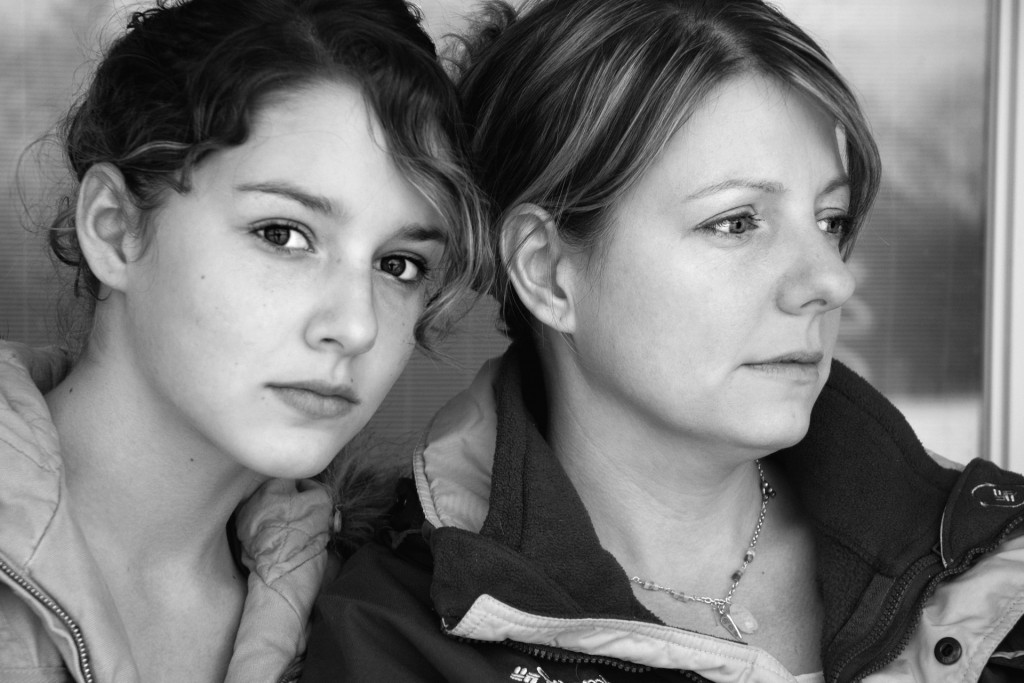I was pleasantly surprised to receive this entry from Ray Colon for Jennie Nash‘s Mother’s Day contest, to celebrate the release of her latest novel, The Threadbare Heart. I love the example Ray has given of his favourite fictional mother/daughter duo, and I think he’s done a great job of explaining why this couple is so memorable.
Ray, I hope you (or a special woman in your life) enjoy your signed copy of The Threadbare Heart. Thanks for such a great essay, and thanks to Jennie Nash for letting us take part here at Write It Sideways!
Happy Mother’s Day!
One of my favorite mother/daughter pairings in film are Rose and Loretta Castorini in the 1987 movie Moonstruck.
Although the two appear together only briefly, I enjoyed the realness of their exchanges, the humor each infused in their angst, and the relevance of their stories to moviegoers. These women – facing similar life choices at very different stages of their lives – helped each other define their relationships.
Love stories often include soliloquies which are not how people communicate. This bit of dialogue typifies the type of exchanges that people are more likely to have.
“Do you love him, Loretta?”
“No.”
“Good. When you love them they drive you crazy because they know they can.”
Sometimes, thoughts are best expressed through humor. After the laughter, the words sink in, as when Rose comments on the lack of intimacy in her marriage.
“Now he’s going to play that damn Vicki Carr record, and when he comes to bed he won’t touch me.”
Her husband’s enthusiastic singing of love songs, paired with his disinterest in his wife, illustrates how passions often ebb in long-term relationships.
In the end, Rose reclaims her marriage by confronting her husband about his affair, while reaffirming her love for him. She is happy about Loretta’s decision to marry, yet she remains mindful of the pain that is a part of relationships.
“Do you love him, Loretta?”
“Aw, ma, I love him awful.”
“Oh, God, that’s too bad.”
The commonality of their situations makes this mother/daughter story resonate with us all.
